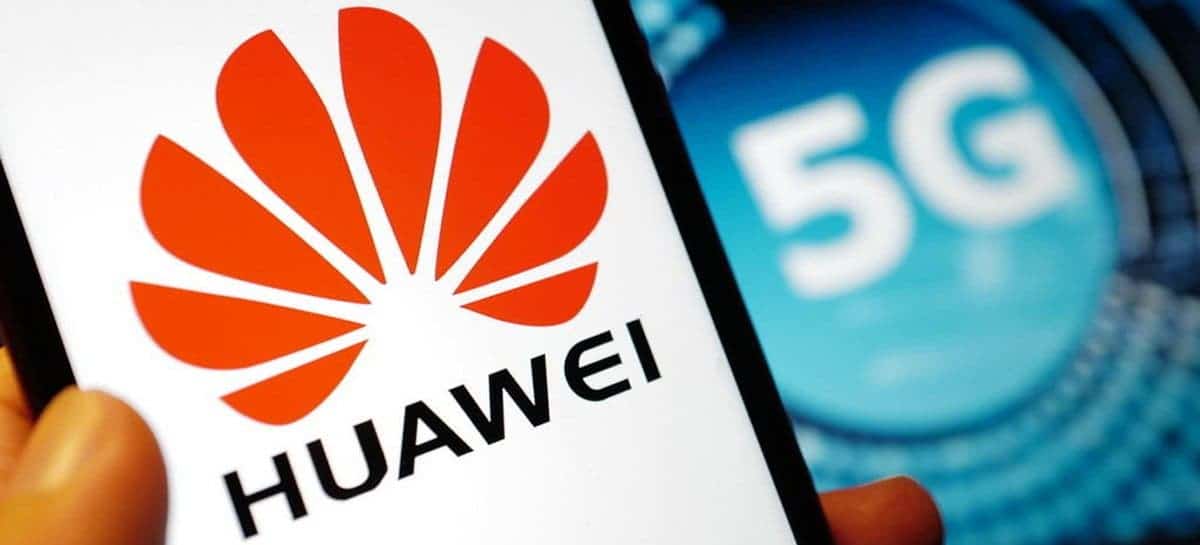
Huawei escalated a fight with Federal Communications Commission (FCC), filing a lawsuit seeking to reverse the US regulator’s designation of it as a national security threat, writes Diana Goovaerts.
The Chinese vendor argued in a court filing the FCC exceeded its statutory authority in naming it a threat and the label was “arbitrary, capricious, and an abuse of discretion, and not supported by substantial evidence”.
It asked a judge to scrap the FCC’s designation and “provide such other relief as this court deems appropriate”.
A FCC representative told Mobile World Live the designation was “based on a substantial body of evidence developed by the FCC and numerous US national security agencies”, adding “we will continue to defend that decision”.
The FCC formally named Huawei and Chinese rival ZTE as security threats in June 2020, and subsequently rejected appeals from both companies challenging their designations.
Under an FCC rule adopted in November 2019, the title prevents US operators from using government funding to purchase or maintain equipment from either vendor.
Huawei’s lawsuit is separate from legal action taken against the FCC in December 2019 aimed at overturning the rule.
The company lost an earlier attempt to reverse US restrictions on government contractors using its products.




























